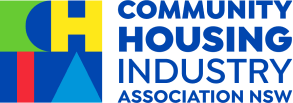4 Groups + 70 Capabilities
The CHWC Framework comprises four core groups of desired attributes, skills and knowledge that are valued and commonly required of key Community Housing employees:
Click on each section below to view the full list of capabilities and their descriptions.
To view specific capabilities mapped by Community Housing Workforce area and role type according to each stage of an employee’s lifecycle, proceed to the Capability Profile Tool.



